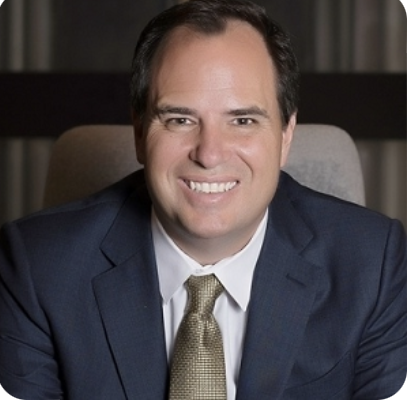Big utilities are undertaking electric power supply plans that will make supply less reliable as demand increases
Read Full Report
Big utilities have hired a massive army of lobbyists to champion expensive and unreliable wind power, solar power, and an aggressive “net-zero” carbon dioxide agenda at the expense of affordable, reliable, and abundant conventional energy sources. They are trying to convince conservative lawmakers that they are friends of ratepayers and the environment, but both claims are false. Nor are they for “all of the above” energy; in fact, they are for eliminating coal and natural gas from America’s power mix.
According to a new study by The Heartland Institute, a national free-market think tank, electricity demand is growing, and is expected to continue to grow, especially with the boom in computing data centers and server farms for technologies like artificial intelligence and quantum computing. Likewise, the Energy Information Administration says the push for electric vehicles will drive electricity rates up further. Despite this, utilities are undertaking electric power supply plans that will make supply less reliable as demand increases.
To prevent accelerating rate increases and shore up grid reliability, The Heartland Institute suggests requiring utilities to make the prime focus of their efforts reliability and affordability. To do this, states should:
- Enact laws specifying that electric power reliability and affordability are the highest priorities in utilities plans and rate cases, while rescinding climate policies and mandates and subsidies for renewable power development, which necessarily comes at the expense of reliability and affordability.
- Prevent utilities from closing baseload power plants unless and until equally reliable baseload sources are brought online for replacement. Wind and solar don’t meet these requirements.
- Establish a position of ratepayer advocate on state utility regulatory commissions, whose charge would be dedicated solely to ensuring utility plans brought before the commission minimize the cost of monopoly utilities’ new construction and rate plans, while reinforcing reliability.
- Require that sources of electric power be labeled for transparency reasons to account for their full panoply of environmental and economic impacts — which allows an apples-to-apples comparison of proposed and existing energy sources.
- Establish the security of the electric power grid and supply by requiring states’ electric power be produced from technologies and fuels sourced domestically within the United States to minimize reliance on foreign nations for critical materials.
- Provide security for people dependent on electricity for their daily lives. Going forward utility commissions should only sanction electric power sources that can provide power on demand, readily available 24/7.



